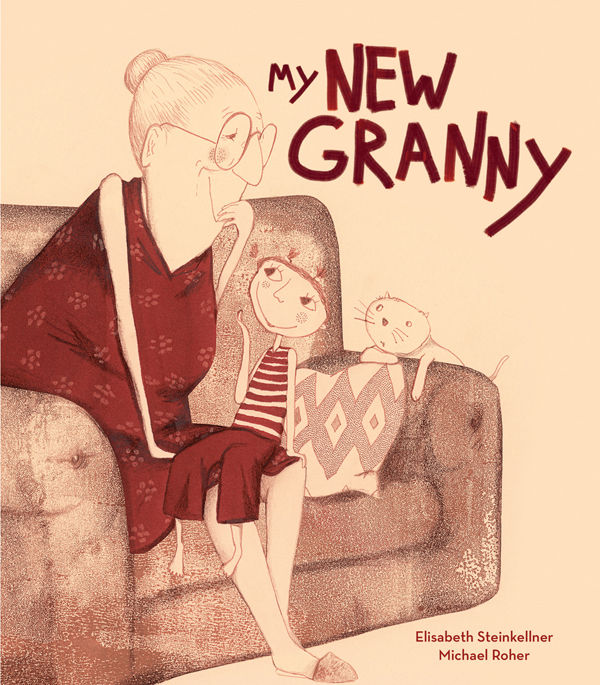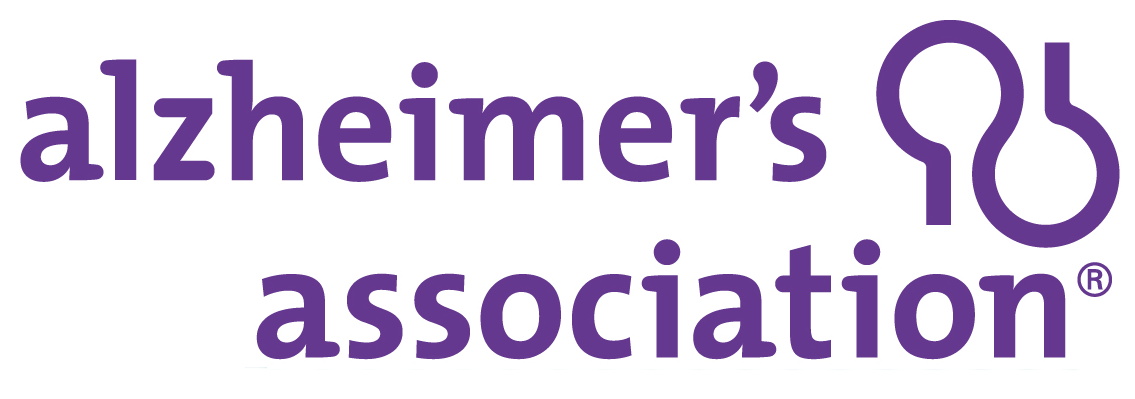My New Granny
Reading Guide

By Elisabeth Steinkellner
Illustrated by Michael Roher
About this Program
The MSU Extension Alzheimer's Dementia Awareness for ChildrenStorybook program is designed to teach children about a form of dementia.
The goals of the program are:
1) increase awareness and knowledge about Alzheimer’s (a form of dementia) and
2) provide supportive resources to children and families when they know a person diagnosed
with Alzheimer's.
The authors of this reading guide are:
- Jennifer Munter, Volunteer Program Coordinator. Jennifer is a former Early Childhood Educator and
has worked with children and their families for over 15 years.
- Marsha A. Goetting, MSU Extension Family Economics Specialist
- Keri Hayes, MSU Extension Program Assistant
Brief Summary
Granny would comment on Fini's strange hairstyles and help her feed the ducks in the park. Granny used to travel all over the world and was an amazing cook. Now, Fini's Granny admires wacky hairdos, eats the bread crumbs meant for the ducks, and does not travel or cook anymore. Eventually, Granny comes to live with Fini and her family because she needs to be watched. She needs help dressing, washing, and sometimes falls asleep underneath the table. In the end, Fini realizes that she still can interact with her "New Granny" but in different ways.
Questions to Ask
- Fini explains all the activities her granny used to do. What were those activities?
- Granny begins to change and acts differently. What was one strange thing Granny did?
- Fini’s Mother asked her to watch Granny. What happens when her granny falls asleep?
- Fini and her mom got angry with one other. Everyone needs extra help from time to time to avoid feeling overwhelmed. Who is going to help Fini and her mom?
- Fini realizes she can help her Granny with a lot of things. What does Fini do to help her Granny?
Activity Enrichment
- Practice identifying emotions: Have your child draw 5 circles on a piece of paper. Tell the child each circle represents
a face. You draw 5 circles also. After you and your child have created your faces
1) make one face that looks sad, 2) one face that looks happy, 3) another that expresses
mad, 4) one that shows scared and 5) one that the face looks excited. Ask your child
to point to the face that expresses how the child feels about the person in their
life with Alzheimer’s.
Common Reactions
- Confused: Children may feel confused when they see someone with Alzheimer’s act in strange
ways.
- Angry: Children may get angry when the person with Alzheimer’s yells at them because they
do not understand what they did wrong. Children may get angry with a parent who doesn’t
support them when the person with Alzheimer’s yells at them.
- Helpful: Children may want to help take care of someone they love who was diagnosed with Alzheimer's.
Other Tools and Resources
Additional information to assist caregivers with legal and financial resources is
available at:
https://www.montana.edu/extension/alzheimers
For other tools and resources, go to: https://www.montana.edu/extension/alzheimers/alzheimertraining
Other Books in this Program
Other MSU Extension Alzheimer's Dementia Awareness for Children Storybook Program reading guides within this program include (click on the title of the book to go to that particular reading guide link):
- Ferguson the Forgetful Frog: A Story About Dementia
by: Dr. Paul J. Gerber
Illustrated by Veronica Geran Gerber - A Garden of Flowers: A Story About Alzheimer's
by Marta Schmidt Mendez
Illustrated by Andreea Mironiuc - The Remember Balloons
by: Jessie Olivero
Illustrator by: Dana Wulfekotte - Striped Shirts and Flowered Pants: A Story About Alzheimer’s Disease for Young
Children
by Barbara Schnurbush
Illustrated by: Cary Pilo - What a Beautiful Morning
by Arthur A. Levine
Illustrated by Katie Kath - When My Grammy Forgets, I Remember: A Child’s Perspective on Dementia
by Toby Haberkorn
Illustrated by Heather Varkarota
Funding for purchase of the storybooks in this program have been made possible by
a grant from the Montana Geriatric Education Center at the University of Montana,
AARP Montana, and by the Endowment fund from National Extension Association of Family
& Consumer Sciences (NEAFCS).


Additional support provided by:

